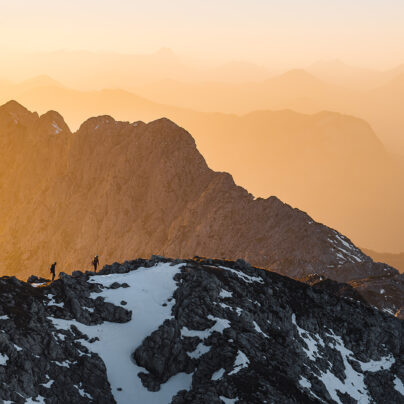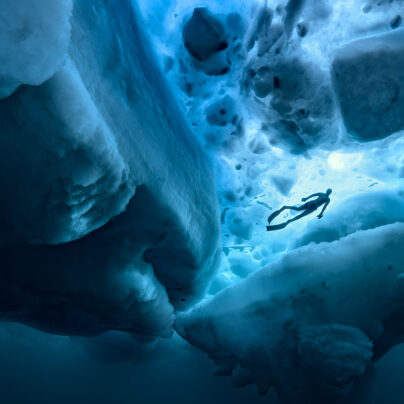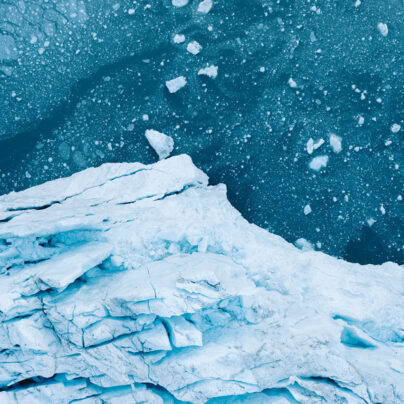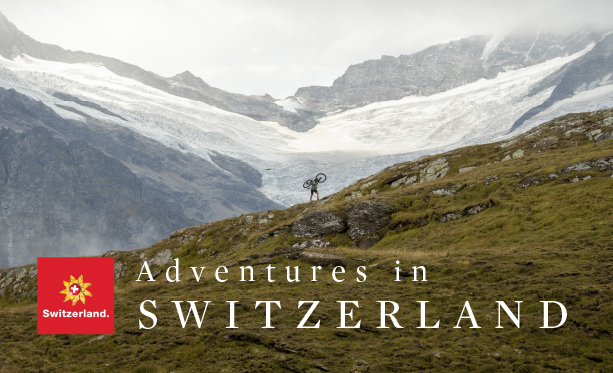SOLO: In Conversation with Jenny Tough
Inspiration
Interview by Alex Roddie // Photography by John Summerton
Endurance athlete Jenny Tough is known for running and cycling in some of the world’s most challenging events, and as deputy editor here at Sidetracked she is no stranger to stories of adventure. But what of her own story?
SOLO, out now in paperback, tells of Jenny’s quest to come to terms with feelings and emotions that were holding her back. Running made her feel better, and she knew that completing goals independently was empowering too. So she set herself an audacious objective: to run, solo and unsupported, across mountain ranges on six continents, starting with one of the most remote locations on Earth in Kyrgyzstan. The resulting story is a manifesto on endurance, our relationship with fear and self-belief and privilege, and much more.
Our editor Alex Roddie caught up with Jenny to chat about some of the themes raised in the book.
Alex Roddie: What did you learn about self-belief, and did these lessons change over the course of your journey as you overcame different barriers and challenges?
Jenny Tough: Self-belief is something I’ve struggled with my entire life. It’s not what I initially set out to work on, but it’s a lesson that found me again and again on these journeys. At every start line, and even throughout the runs themselves, I would look at the route and worry about my ability to complete it, or even get up the first big climbs. But I proved myself wrong constantly, and that’s what I really learned that I believe applies to everyone: we’re all so much tougher than we think.
How did your experience of being a relatively rich Western woman in poorer countries change your outlook?
I’m fortunate to have travelled a lot in the developing world, and I’ve always held an outlook that we, in the global West, have an obligation to the rest of the planet. I think it’s really valuable and important for fortunate individuals to travel to different places and understand places beyond the news headlines.
Being in places where daily life, especially for women, is so different from my own brings a great perspective to an expedition. In times when I thought my own journey was hard, I simply had to look around and remind myself that my struggle was a choice that I had the luxury to make. ‘Your problems aren’t real’ is something I said to myself constantly. Having been through these expeditions, I now become annoyed with adventure authors who talk about their ‘suffering’. Choosing to take on a difficult expedition is not suffering, and engaging with the culture of the place you’re travelling in will teach you that.
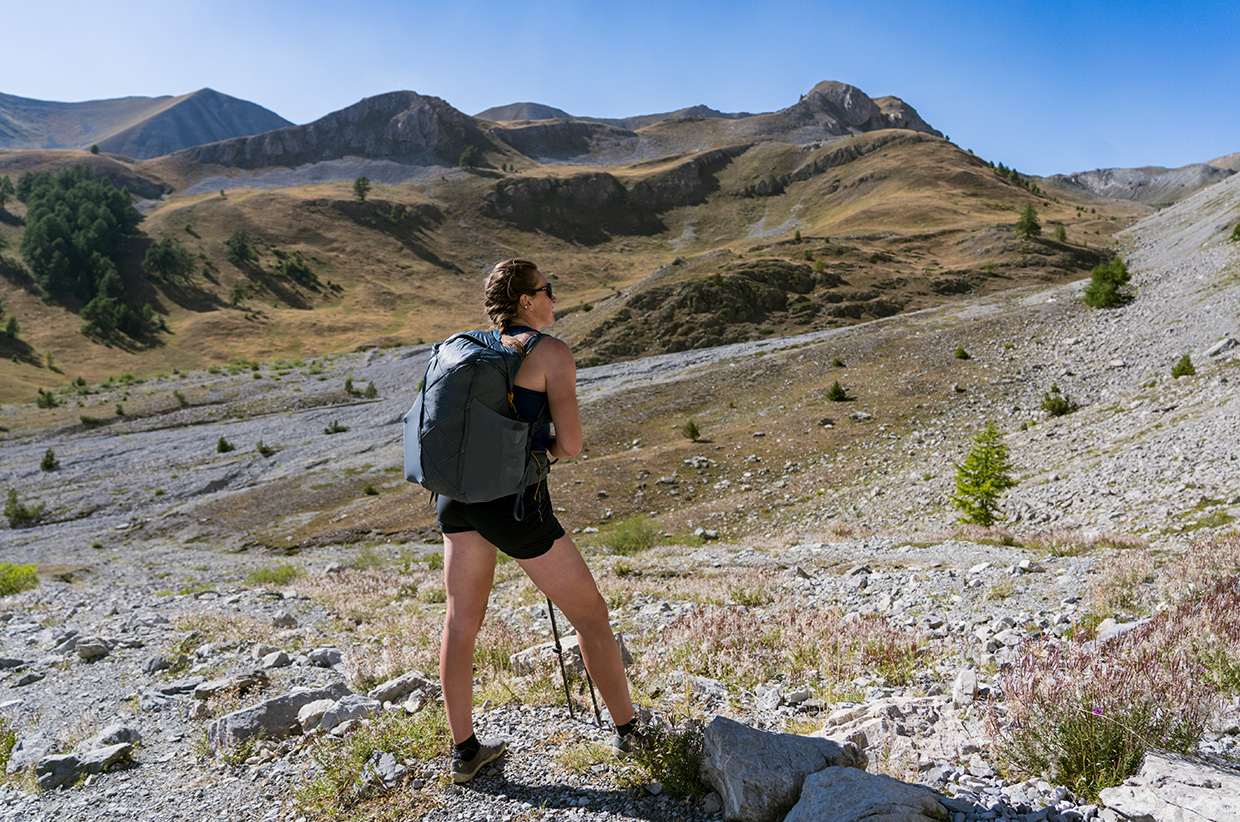
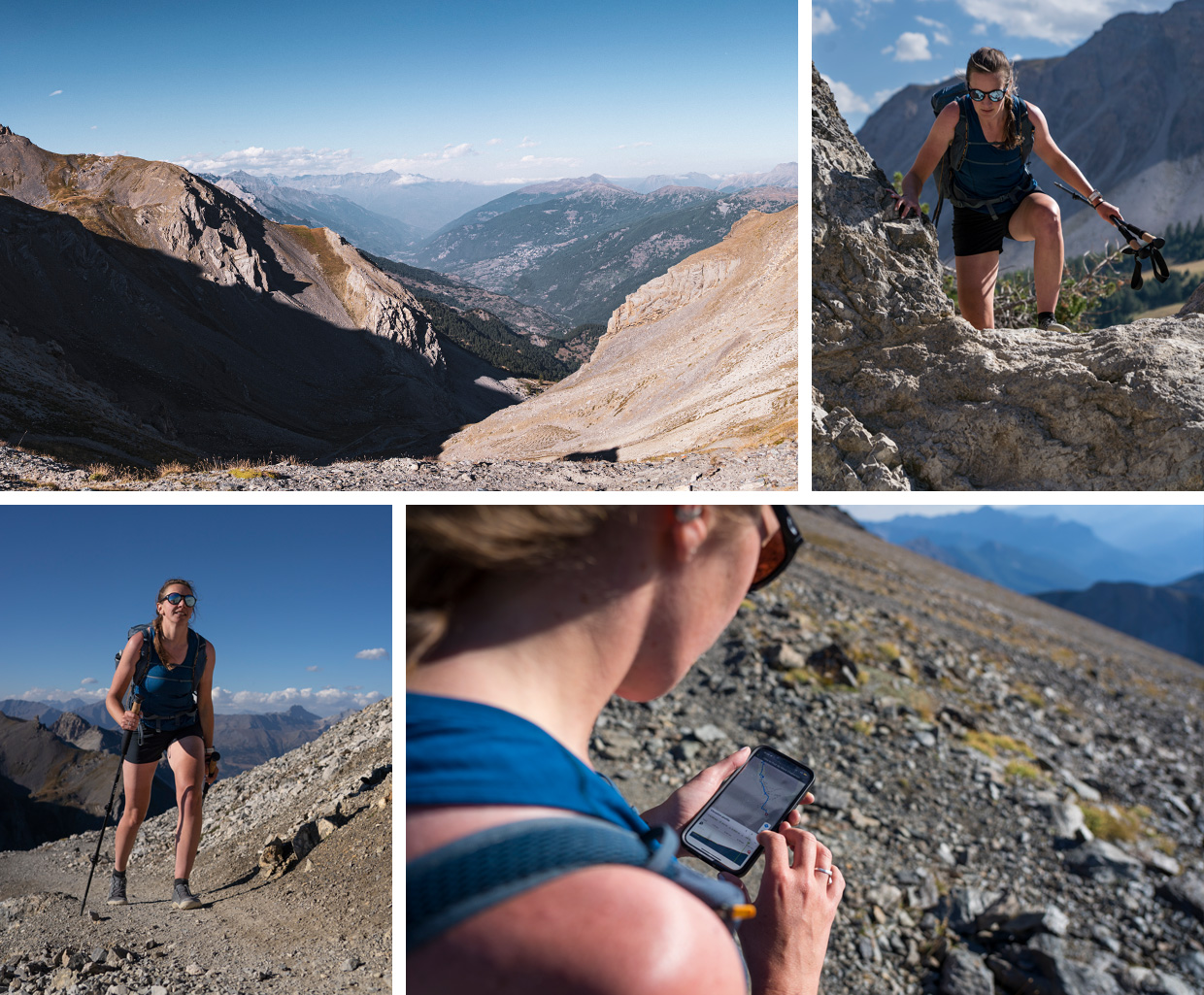
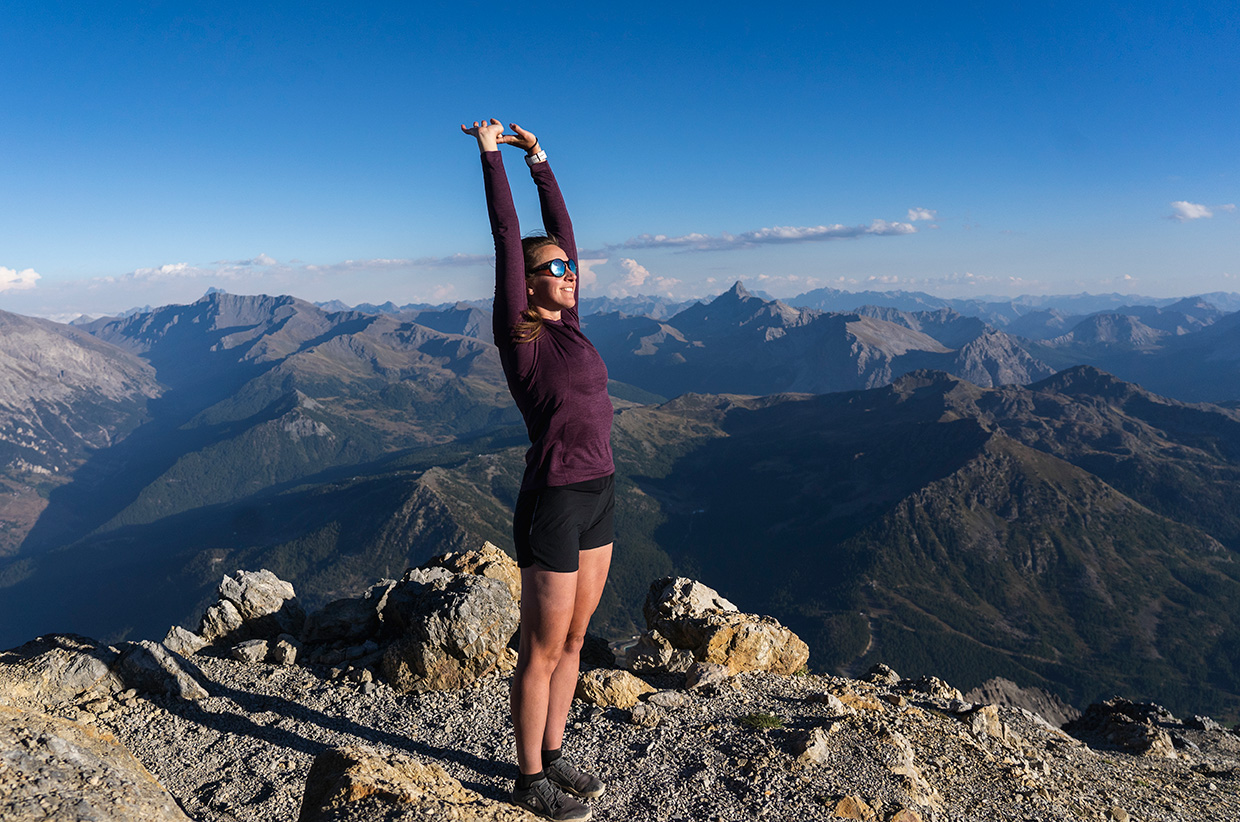
How did your perspective change on being a woman living a life of adventure as a result of your journey, and how can societies around the world improve opportunities for women?
Throughout the series of journeys, which took me to six very different countries and cultures, the one constant thing that made everyone’s jaws drop was the fact that I was a female alone. It didn’t seem to matter whether I was running 850km or 8.5km. I was constantly shown the general reaction to women doing hard things for themselves – a reaction of disbelief. I realised how much messaging we get throughout our lives, much of it likely unnoticed, about how women are not made for such things. I realised how women are held back in these subliminal ways. There is a pathway between warning women not to go hiking alone to altogether discouraging women from realising their full potential.
We can improve opportunities for women simply in the way that we talk to and about them. Speak to women about their outdoor pursuits the same way you would speak to a man. Don’t diminish them, doubt them, or warn them about the dangers. Give them the same respect any other human deserves.
One of the themes in the book is that mountain people throughout the world share a kinship and look out for one another. How did this kinship make a difference to your daily life on the trail?
I do truly believe that the most inhospitable environments are home to the most hospitable people, and that’s largely because in these regions humans need each other, daily, in a very real way. It’s something that consistently humbled and amazed me, just how willing anyone I met was to make sure I was OK and had everything I needed. Going into my first expedition, I was so worried about being alone out in a great wilderness, and while that was frequently the biggest hazard, I soon found out that if I ever needed help, it was easy to ask for it.
‘Adventure does not need to be measured. It just needs to be experienced.’ On one of your big mountain runs, your GPS watch stops working and you decide to complete the rest of the route without performance metrics. How did this change your perception and enjoyment of what you were doing – and did you make any lasting changes?
I was definitely focusing on the wrong things by my fourth run. I now had a lot of support and sponsorship, and felt I needed to do something worth sponsoring – and I really got that wrong until my watch stopped working, and all I had left to focus on then was the story, taking pictures, and just being in the amazing mountains. I think the adventure industry is obsessed with the culture of first or fastest – that something is only worthy if it’s in one of those categories. I couldn’t disagree more. An adventure is worthy in itself, and does not need to be compared to anyone else’s abilities. Experiencing my journeys instead of measuring them has brought far more joy and value, and it’s how I like to move in the mountains now.
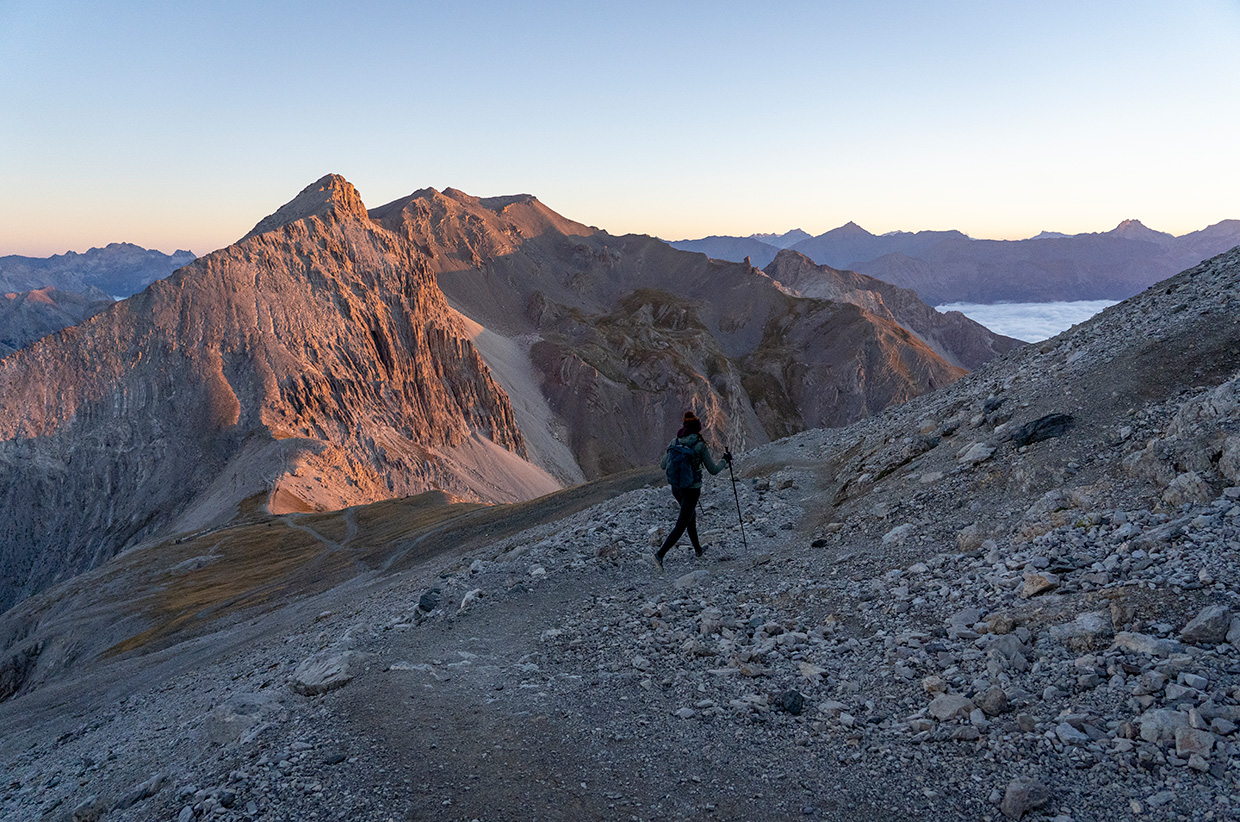
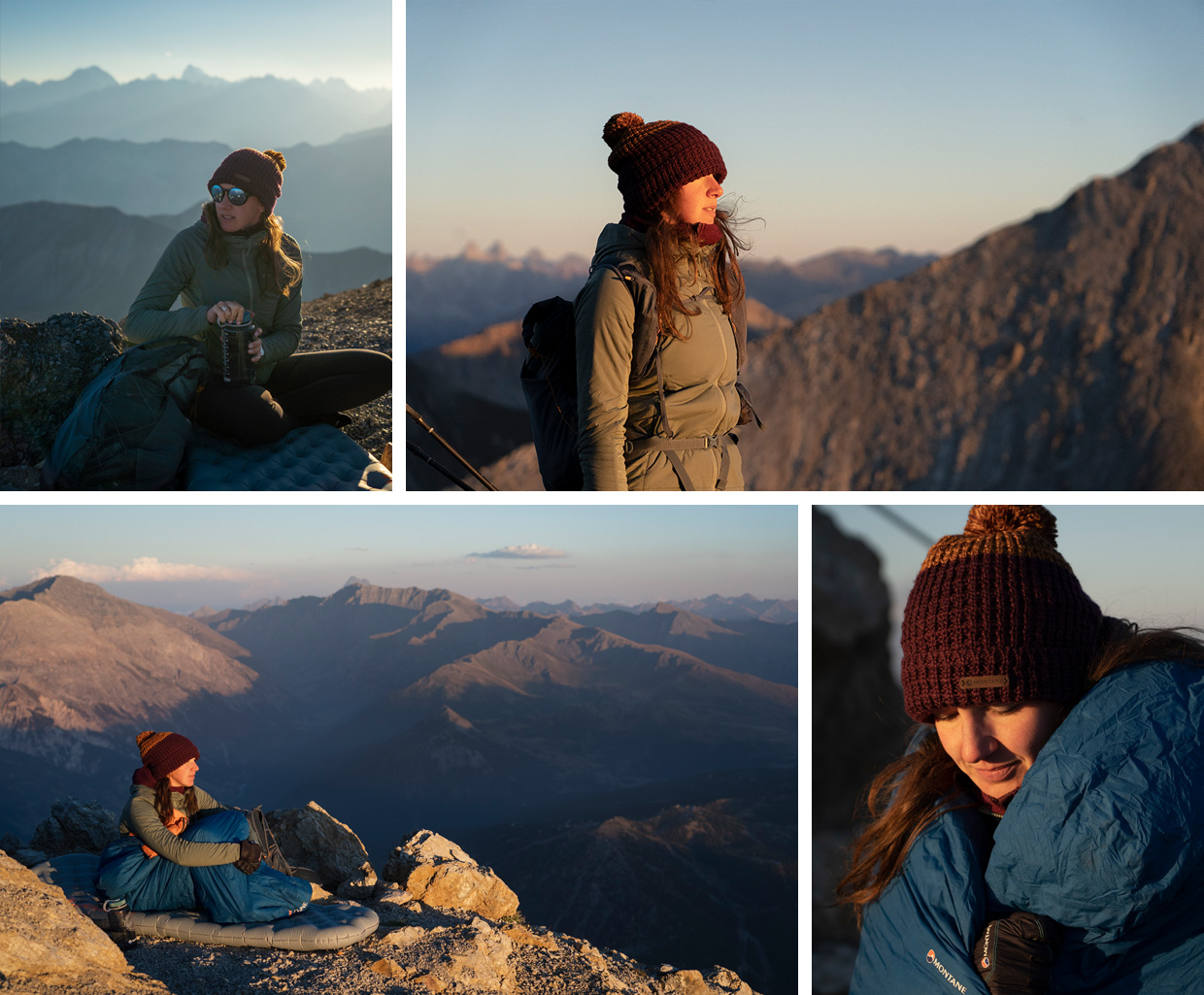
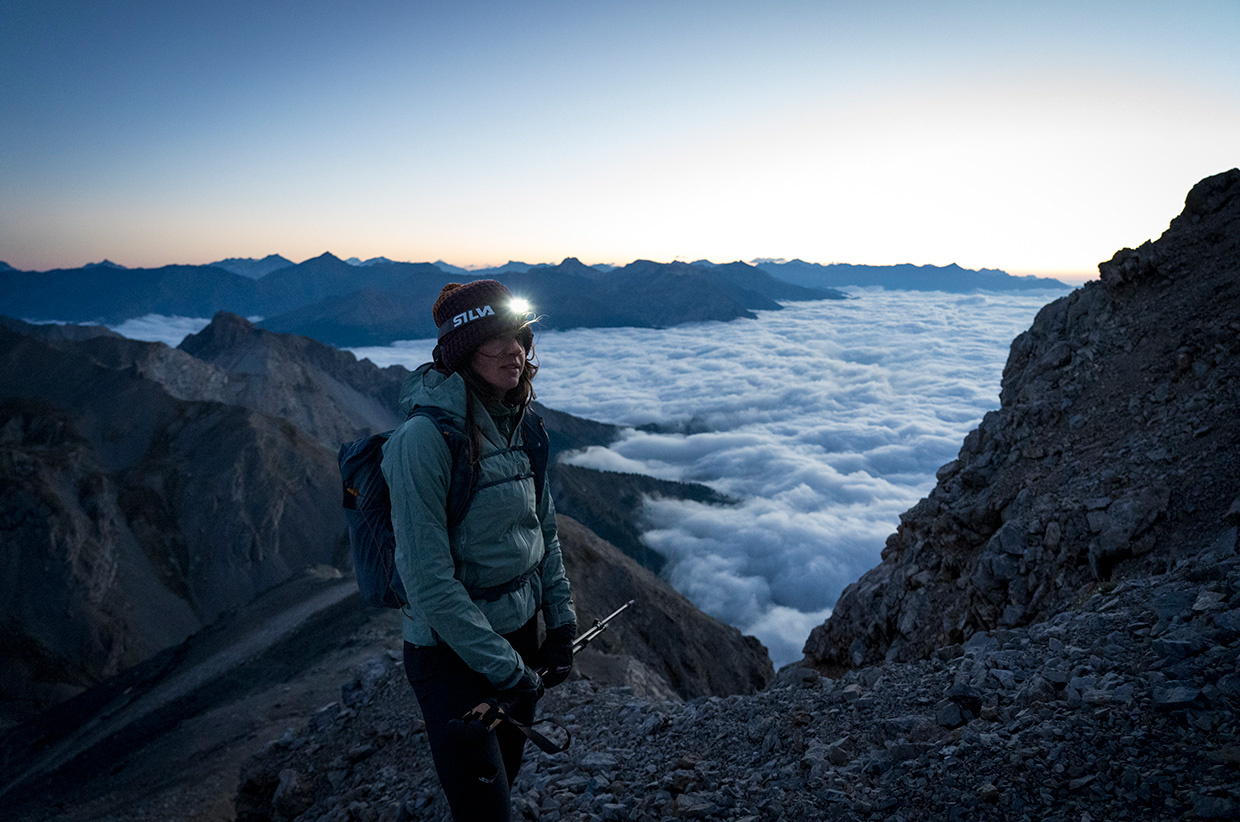
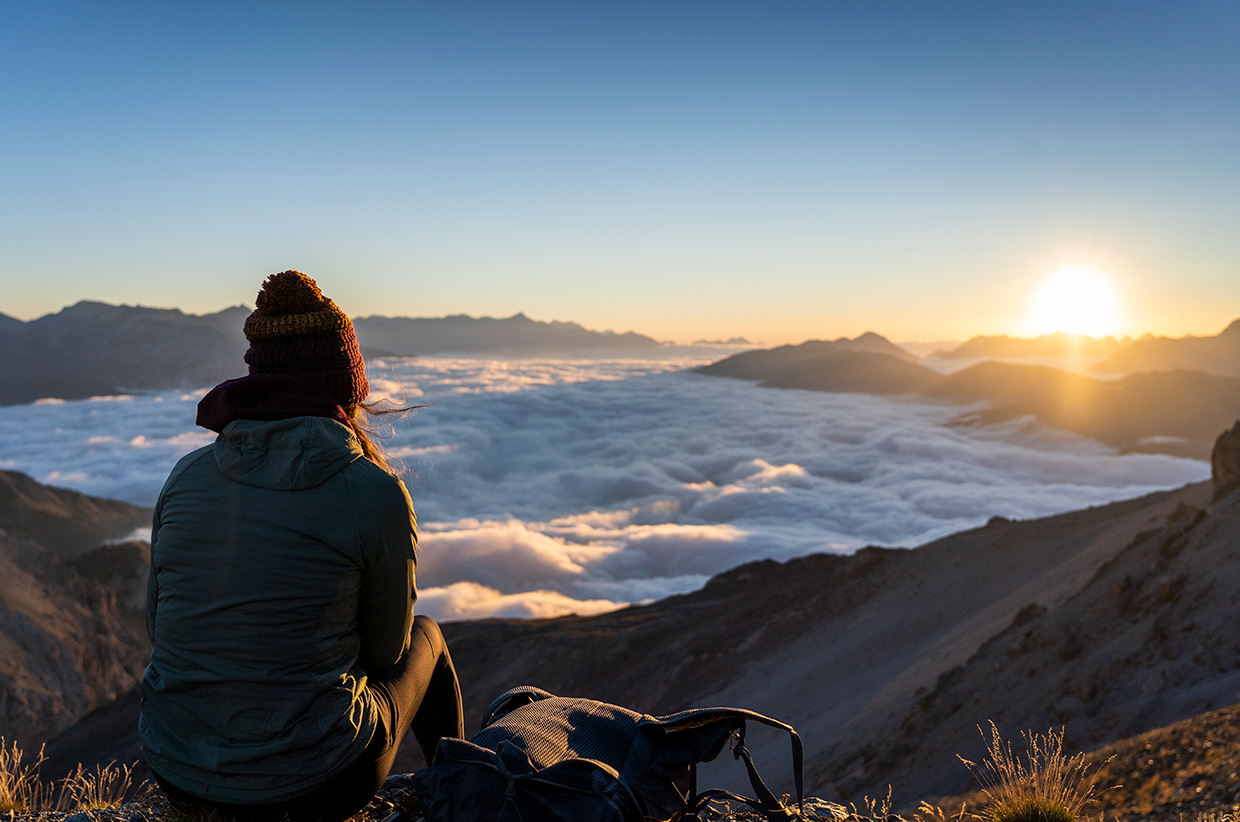
In the story you mention that you don’t believe in fearlessness, and that more than once you found yourself crying by the side of the trail. How would you describe a healthy attitude towards fear in adventure?
I look at fear as a relationship. It takes work, communication, and commitment. I regularly have discussions with my fear. Why are you here today? What can I do to make things better? Is this real, or am I just tired/hungry/stressed? Being fearless is BS – fear is a great system in your human brain that stops you making terrible and dangerous choices. It works really well, so don’t ignore it. But you do have to learn to work with that relationship so that it stays healthy.
You have opened up about your experience with mental health, disordered eating, and your struggles with RED-S. How has it felt speaking openly about this, and what has helped you through the recovery process? What has the response been like?
I was really scared to open up about it. It’s basically proclaiming to the whole world, including your work colleagues, sponsors, family, and thousands of people you don’t know, that you have a mental health disorder. As much as we’ve normalised these conversations in culture recently, it’s still not easy for anyone. However, I was astonished by how much kindness I was shown when I started telling the truth. My biggest motivation in talking about it is to help others who are struggling with their body image. I often wonder if I had seen a strong woman talk about this, and explain how toxic diet culture got it wrong, whether I could have gone down a better path a long time ago. I really hope that I can do that for at least one person.
What would you say to the younger Jenny Tough about to start on the first step of her journey?
You’re tougher than you think – you’ve got this. And bring a spare lighter.
SOLO: A true story of spirit, adventure & the life-changing power of running alone is out now in paperback.
Interview by Alex Roddie @alex_roddie
Featuring Jenny Tough // @jennytough
Photography by John Summerton (shot on location in France) // @johnsummerton
